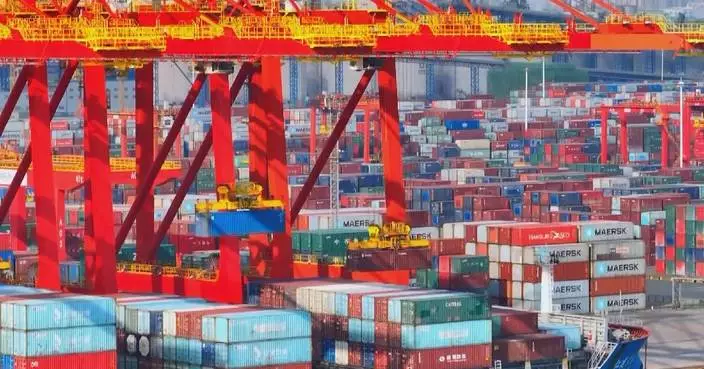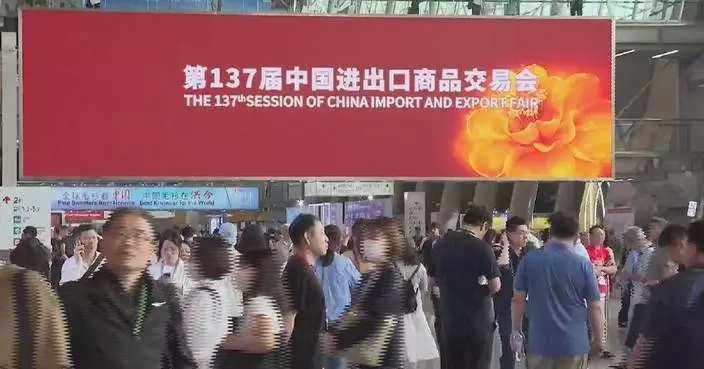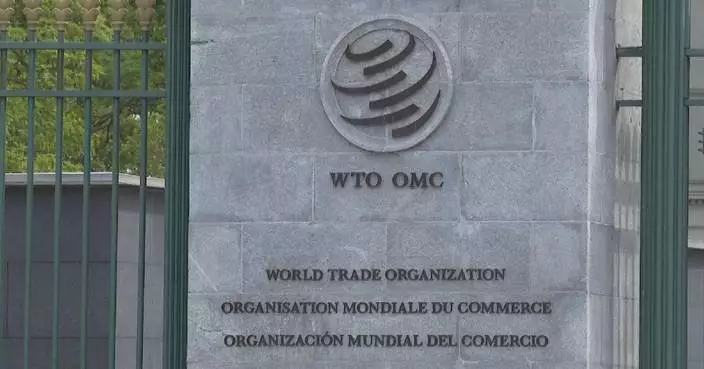The sweeping tariffs taken by the United States show the country has been turning to protectionism and unilateralism, said some Honduran specialists, who worried the tariffs will cause more turmoil in global trade and capital market.
The analysts made the remarks in separate interviews with China Media Group (CMG), saying the changing tariff policy of the administration of U.S. President Donald Trump caused huge uncertainty in the global economy and it is part of the country's efforts to maintain its hegemony.
"They (the U.S.) want to reverse the history. The U.S. dismantled the model it established four decades ago. The globalization no longer works to their interests, so they started to impose additional tariffs. Over the recent years, the main export of the U.S. is the U.S. dollar and if they can no longer 'export' the U.S. dollar, the problem rises to another level. We are now seeing the U.S. making a last-ditch effort to maintain its hegemony," said Ricardo Salgado, Minister of Strategic Planning of Honduras.
A Honduran economist pointed out that the root cause of the U.S.' huge trade deficit is the lack of competitiveness of its products on the global market but the Trump administration wants to address the issue by forcing the rest of the world to pay the price.
"The Trump administration made a very impulsive decision without much consideration. They want to coerce others, change the rules of globalization, return to protectionism, and to focus primarily on the economic growth of the U.S. They wanted the manufacturing to go back to the U.S. and create more jobs, but the Trump administration made a mistake by imposing additional tariffs on a global scale, which cast the capital market in an environment of uncertainty and caused fluctuations in stock prices. The sudden and impulsive decision of the Trump administration even had an impact on global trade. The U.S. lost its competitiveness and it's a fault of its own. Why should other countries pay the price? Why?" said Alejandro Arone, the Honduran economist.
The U.S. stock markets ended sharply lower on Monday as economic uncertainties and a looming trade war depressed market sentiment, with the three benchmark indexes, the Dow Jones Industrial Average, the Standard and Poor's 500, and the Nasdaq Composite Index, all dropping over two percent.
Besides, the tariffs have also dampened the confidence of investors. According to the weekly surveys issued by the American Association of Individual Investors from Feb. 26 to April 9, over 50 percent of U.S. individual investors were bearish for seven consecutive weeks about the outlook of the stock market in the next six months.

Honduran senior official, economist criticize US tariff policy



















































